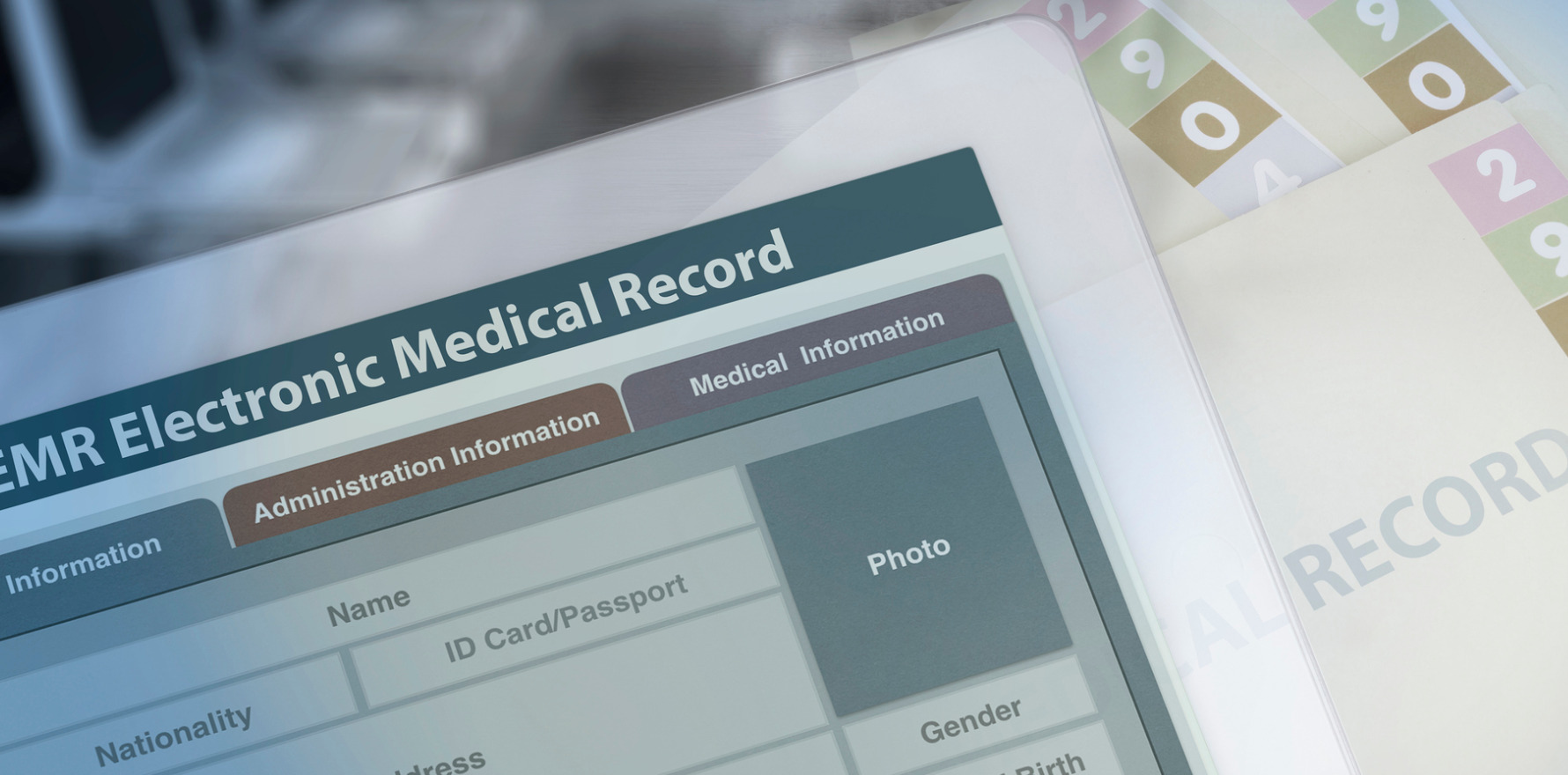New data from Queensland suggests there are ‘no unexpected negative impacts’ to integrating electronic medical records into public hospitals.
Six years after integrated electronic medical records were introduced into Queensland’s public hospitals, new research shows EMRs have led to a reduction in medical complications and hospital-acquired infections and boosted hospital activity.
The study, published in the International Journal of Medical Informatics, involved 1.55 million episodes of care across 13 Queensland Health hospitals, and was the “largest study of the digital health impacts upon healthcare system outcomes as defined by the Quadruple Aim”, according to the authors.
“We assessed the correlation between digital health and real-world health system outcomes mapped to achieving the Quadruple Aim of improved population health; patient experience; healthcare costs; and provider experience,” said lead author Dr Lee Woods, senior research fellow at the Queensland Digital Health Centre.
“The findings evidenced a positive impact of digitising hospitals on population health with a 12.87% decline in medication complications, 14.27% reduction in hospital acquired infections, and improvement in the healthcare costs aim with a 3.42% increase in hospital activity.”
Coauthor Professor Clair Sullivan said there were “no unexpected negative impacts on the outcomes measured”.
“The largest increase in hospital activity was observed in the second quarter which was attributed to activity escalating following the stabilisation period and demonstrates the hospitals could service increased demand,” wrote the authors.
“Improvements in hospital activity identified in our study can result in significant revenue for digital hospitals.
“Given the large capital expenditure required to implement an EMR, further economic analyses are needed to help demonstrate how this increase can offset the costs of the implementation.”



